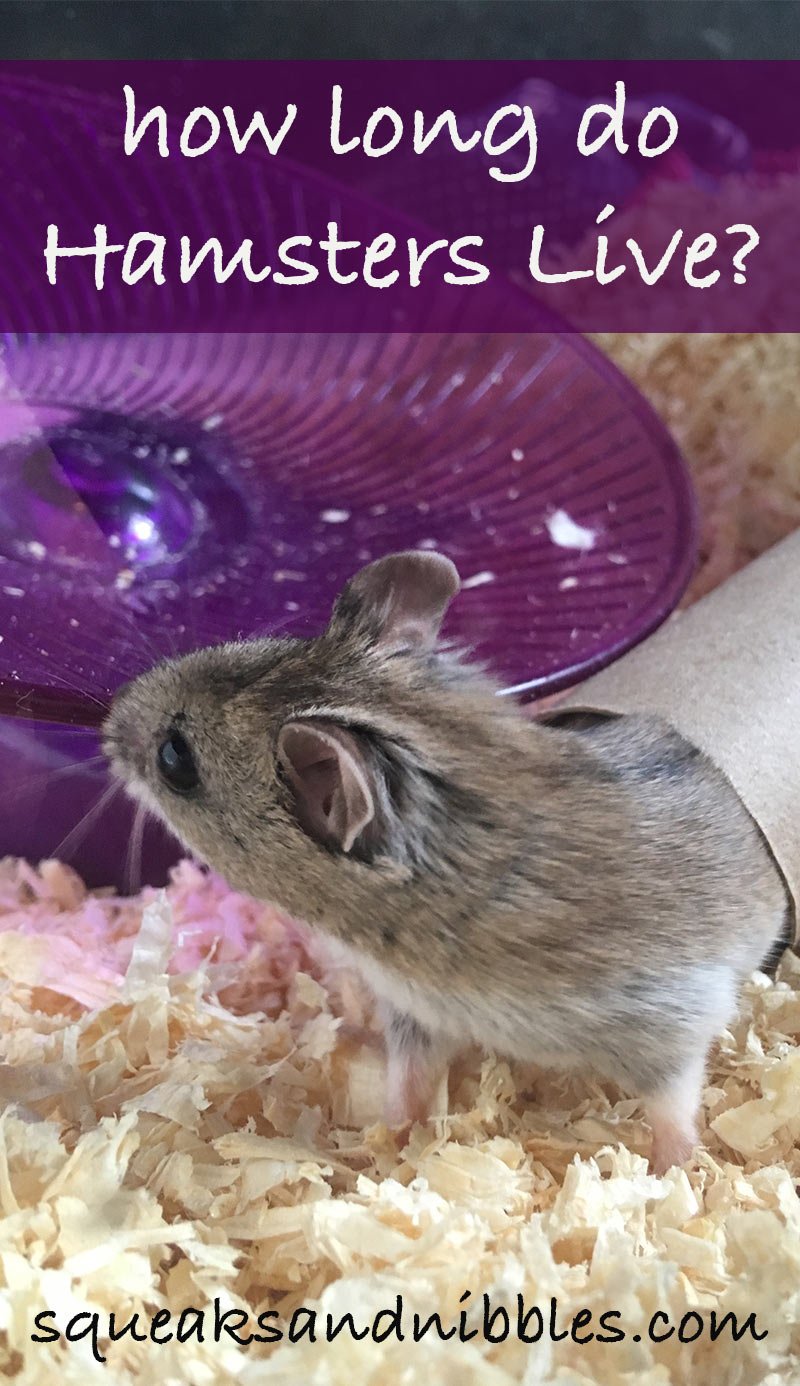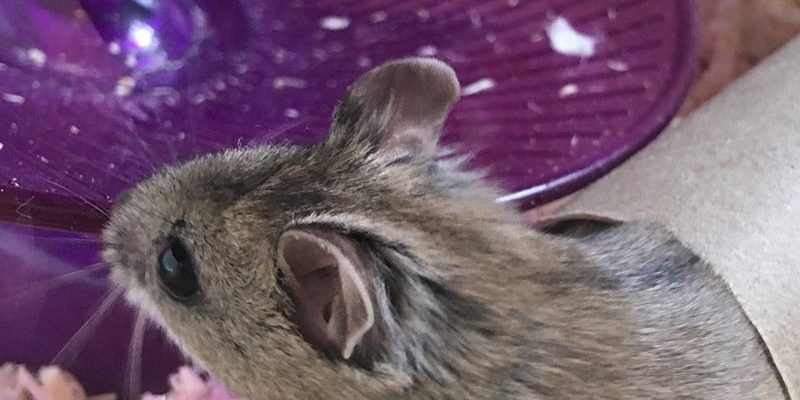
Think of it like a rollercoaster ride. The time spent enjoying the thrill is precious, but there’s also the reality of it coming to an end. Let’s talk about what to expect regarding the lifespan of hamsters, how to care for them as they age, and the different factors that might influence their longevity. This way, you’ll be prepared to make every moment count!
Average Lifespan of Hamsters
When it comes to hamster lifespans, the average is typically around 2 to 3 years. However, this can vary depending on the type of hamster you have. For example, Syrian hamsters, often known as golden hamsters, usually live between 2 to 4 years. On the other hand, dwarf hamsters, which include species like the Roborovski and Campbell’s dwarf hamsters, tend to have shorter lifespans of about 1.5 to 3 years.
You might be wondering why there’s such a difference. Well, it’s a bit like comparing different breeds of dogs. Just like some breeds are genetically predisposed to live longer than others, hamsters have their own unique traits that affect their aging process. For instance, larger hamsters tend to be more susceptible to certain health issues that can shorten their lifespan.
It’s essential to keep in mind that lifespan can also be influenced by factors such as genetics, diet, and care. A hamster raised in a loving environment, with a balanced diet and proper veterinary care, can live longer than one that is not.
Factors Influencing Hamster Lifespan
Several factors can impact how long your hamster lives. Here’s a quick breakdown:
- Genetics: Some hamsters are just born with a stronger constitution than others. If your hamster comes from a healthy lineage, they’re more likely to live a full life.
- Diet: A well-balanced diet is crucial. Hamsters need a mix of fresh vegetables, fruits, and quality hamster pellets to thrive. Junk food or unhealthy snacks can lead to obesity and illness.
- Living conditions: The environment where your hamster lives is vital. An appropriate cage size, clean bedding, and a stress-free atmosphere can make a big difference in their health.
- Veterinary care: Regular check-ups and prompt treatment for health issues can prevent minor problems from becoming serious. Keep an eye out for any changes in behavior or appetite!
Each of these factors plays a role in your hamster’s overall health and longevity. So, if you want your furry friend to stick around longer, pay attention to their needs!
Caring for Aging Hamsters
As hamsters age, they go through various changes just like we do. Understanding their needs as they get older is crucial for their well-being. Here are some tips on caring for senior hamsters:
1. Adjust their diet: Older hamsters might have different dietary needs. You can introduce softer foods or those higher in fiber if they have trouble chewing. Fresh veggies can also help.
2. Provide a comfy habitat: Make sure their cage is easy to navigate. Consider adding ramps or removing obstacles that might be difficult for them. A cozy, soft bedding can help keep them warm and comfortable.
3. Stay observant: Pay close attention to any signs of discomfort or illness. If your hamster seems less active or shows changes in behavior, a trip to the vet might be necessary.
4. Keep them engaged: Even older hamsters can enjoy playtime! Provide gentle toys or activities that stimulate their minds without overwhelming them physically.
Caring for an aging hamster can be a rewarding experience, and it’s a chance to provide extra love and comfort as they enter their golden years.
Signs of Aging in Hamsters
Like any pet, hamsters will show signs of aging as they grow older. Common signs include:
- Decrease in activity: You might notice your hamster is less energetic and spends more time resting. This is normal, but keep an eye on them.
- Changes in fur: A hamster’s fur might appear less vibrant or start thinning as they age. This can be perfectly natural but sometimes indicates health issues.
- Behavioral changes: They might become more skittish or, conversely, more friendly as they become older.
- Dental problems: Older hamsters can develop dental issues that make eating difficult. Look for changes in their appetite or drooling.
Being aware of these signs helps you give your hamster the best care during their aging journey.
How to Extend Your Hamster’s Lifespan
While there are no guarantees in life, there are several steps you can take to help your hamster live as long and healthy a life as possible:
– Provide a balanced diet: Focus on quality hamster pellets, fresh produce, and occasional treats. Avoid sugary or fatty snacks.
– Keep their habitat clean: A clean cage helps prevent illness and stress. Make sure to change bedding regularly and clean their water bottle daily.
– Encourage exercise: Incorporate toys like exercise wheels or tunnels that promote movement. This helps keep their weight in check and their spirits high.
– Regular vet check-ups: Just like with any pet, regular veterinary visits can catch potential health problems early. It’s worth it for peace of mind and your hamster’s health!
Small changes in how you care for your hamster can significantly impact their quality of life.
Understanding how long hamsters live helps you prepare for the journey with your furry friend. With an average lifespan of 2 to 3 years, knowing the factors that affect their longevity can guide you in providing the best care possible. From a balanced diet to creating a comfy environment, each small effort contributes to a happier, healthier life for your beloved pet.
As you embrace your role as a hamster parent, remember that every moment is a chance to create special memories. So take the time to bond, play, and care for your little companion, making those years together truly count.

